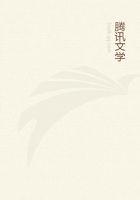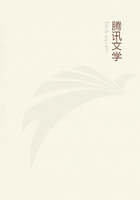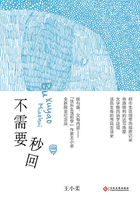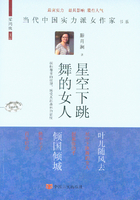Hence it comes to pass that man claims the possession of a will which takes no account of anything that comes under the head of desires and inclinations and, on the contrary, conceives actions as possible to him, nay, even as necessary which can only be done by disregarding all desires and sensible inclinations. The causality of such actions lies in him as an intelligence and in the laws of effects and actions [which depend] on the principles of an intelligible world, of which indeed he knows nothing more than that in it pure reason alone independent of sensibility gives the law; moreover since it is only in that world, as an intelligence, that he is his proper self (being as man only the appearance of himself), those laws apply to him directly and categorically, so that the incitements of inclinations and appetites (in other words the whole nature of the world of sense) cannot impair the laws of his volition as an intelligence. Nay, he does not even hold himself responsible for the former or ascribe them to his proper self, i.e., his will: he only ascribes to his will any indulgence which he might yield them if he allowed them to influence his maxims to the prejudice of the rational laws of the will.
When practical reason thinks itself into a world of understanding, it does not thereby transcend its own limits, as it would if it tried to enter it by intuition or sensation. The former is only a negative thought in respect of the world of sense, which does not give any laws to reason in determining the will and is positive only in this single point that this freedom as a negative characteristic is at the same time conjoined with a (positive) faculty and even with a causality of reason, which we designate a will, namely a faculty of so acting that the principle of the actions shall conform to the essential character of a rational motive, i.e., the condition that the maxim have universal validity as a law. But were it to borrow an object of will, that is, a motive, from the world of understanding, then it would overstep its bounds and pretend to be acquainted with something of which it knows nothing. The conception of a world of the understanding is then only a point of view which reason finds itself compelled to take outside the appearances in order to conceive itself as practical, which would not be possible if the influences of the sensibility had a determining power on man, but which is necessary unless he is to be denied the consciousness of himself as an intelligence and, consequently, as a rational cause, energizing by reason, that is, operating freely. This thought certainly involves the idea of an order and a system of laws different from that of the mechanism of nature which belongs to the sensible world; and it makes the conception of an intelligible world necessary (that is to say, the whole system of rational beings as things in themselves). But it does not in the least authorize us to think of it further than as to its formal condition only, that is, the universality of the maxims of the will as laws, and consequently the autonomy of the latter, which alone is consistent with its freedom;whereas, on the contrary, all laws that refer to a definite object give heteronomy, which only belongs to laws of nature and can only apply to the sensible world.
But reason would overstep all its bounds if it undertook to explain how pure reason can be practical, which would be exactly the same problem as to explain how freedom is possible.
For we can explain nothing but that which we can reduce to laws, the object of which can be given in some possible experience. But freedom is a mere idea, the objective reality of which can in no wise be shown according to laws of nature, and consequently not in any possible experience; and for this reason it can never be comprehended or understood, because we cannot support it by any sort of example or analogy. It holds good only as a necessary hypothesis of reason in a being that believes itself conscious of a will, that is, of a faculty distinct from mere desire (namely, a faculty of determining itself to action as an intelligence, in other words, by laws of reason independently on natural instincts). Now where determination according to laws of nature ceases, there all explanation ceases also, and nothing remains but defence, i.e., the removal of the objections of those who pretend to have seen deeper into the nature of things, and thereupon boldly declare freedom impossible. We can only point out to them that the supposed contradiction that they have discovered in it arises only from this, that in order to be able to apply the law of nature to human actions, they must necessarily consider man as an appearance: then when we demand of them that they should also think of him qua intelligence as a thing in itself, they still persist in considering him in this respect also as an appearance. In this view it would no doubt be a contradiction to suppose the causality of the same subject (that is, his will) to be withdrawn from all the natural laws of the sensible world. But this contradiction disappears, if they would only bethink themselves and admit, as is reasonable, that behind the appearances there must also lie at their root (although hidden)the things in themselves, and that we cannot expect the laws of these to be the same as those that govern their appearances.
The subjective impossibility of explaining the freedom of the will is identical with the impossibility of discovering and explaining an interest* which man can take in the moral law. Nevertheless he does actually take an interest in it, the basis of which in us we call the moral feeling, which some have falsely assigned as the standard of our moral judgement, whereas it must rather be viewed as the subjective effect that the law exercises on the will, the objective principle of which is furnished by reason alone.

